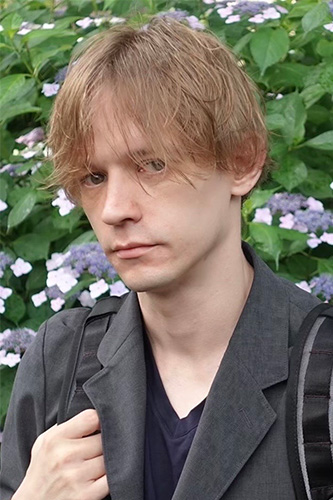Stephen Fitz
 Assistant Professor
Assistant Professor
Research and Teaching Interests: Machine Consciousness, Artificial Intelligence
Education:
- BA, Columbia University, U.S./NY
- MPhil, University of Cambridge, U.K.
- PhD, University of Chicago, U.S./IL
I am an artificial intelligence scientist with diverse interests in the field. Much of my current research focuses on the conditions under which minds arise: how information-processing systems come to model themselves and the external reality, form goals, relate to others, and adapt over time. I'm especially interested in systems that exhibit emergent behavior: structures that are not designed explicitly but unfold through learning, interaction, and self-organization.
In my past research endeavors, I focused on understanding the topological structure of embedding manifolds induced from deep neural models of natural language data through the lens of homotopy and homology theories. Simultaneously, I have been involved in interdisciplinary investigations aimed at developing novel methods, inspired by neuroscience and psychology, to study emergent cognitive aspects in large neural systems. I have also worked on various projects related to AI safety and alignment, as well as new ideas involving collective intelligence, emergence, neuroevolution, continual learning, memory, open-endedness, and multimodal reasoning.
I am now predominantly focused on the emerging field of machine consciousness, with the main goal of understanding the principles that give rise to awareness and agency. This has led me to a wide-ranging and evolving research program.